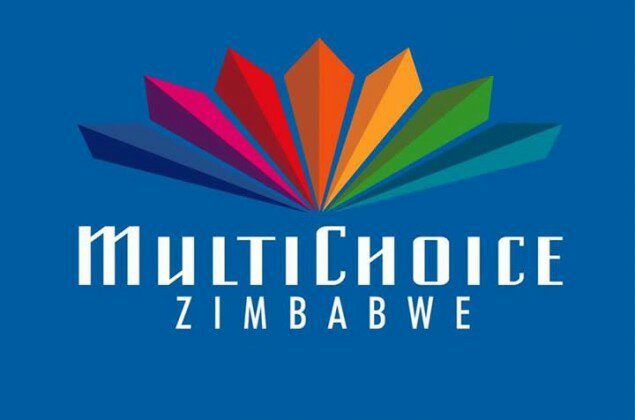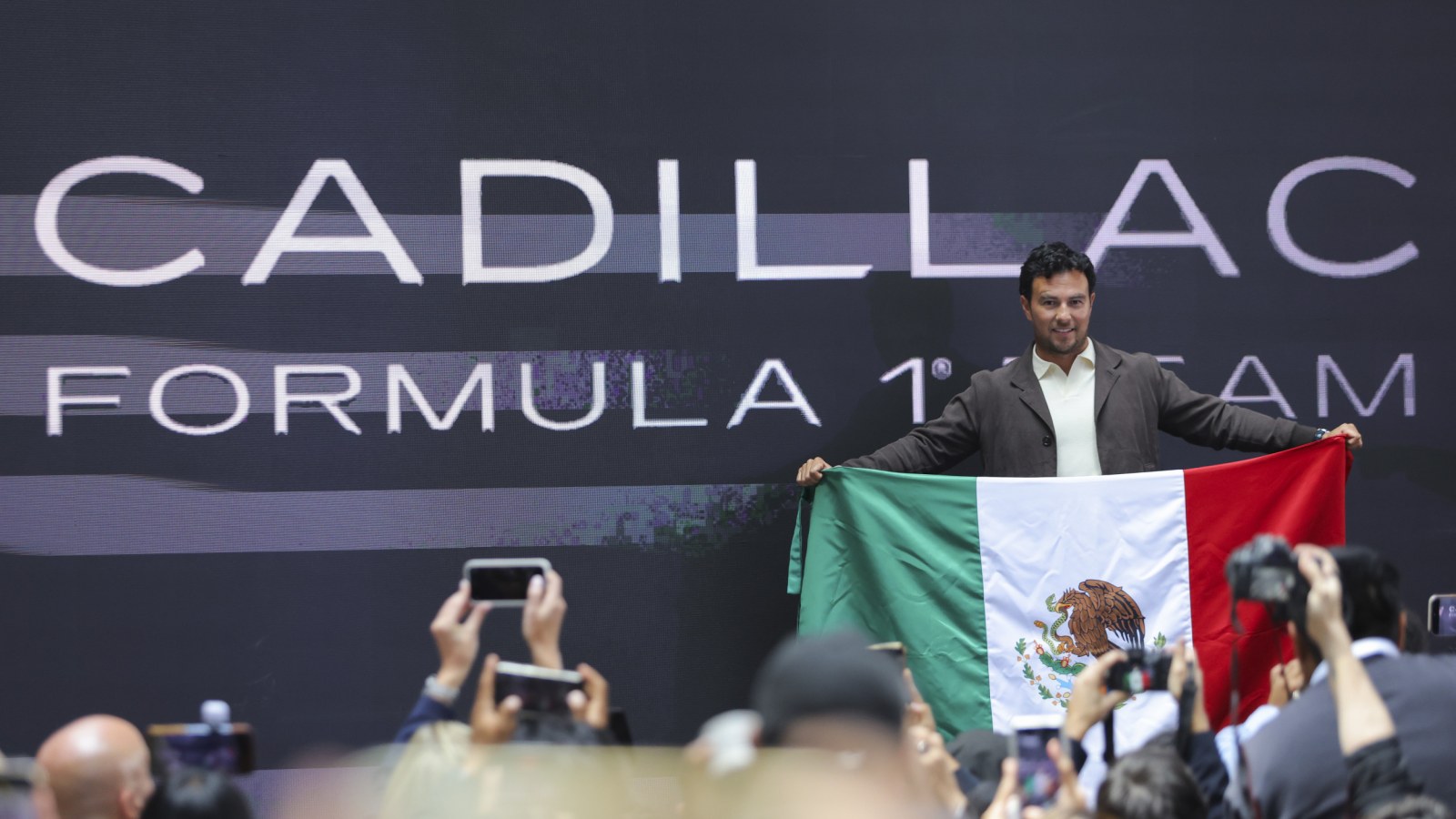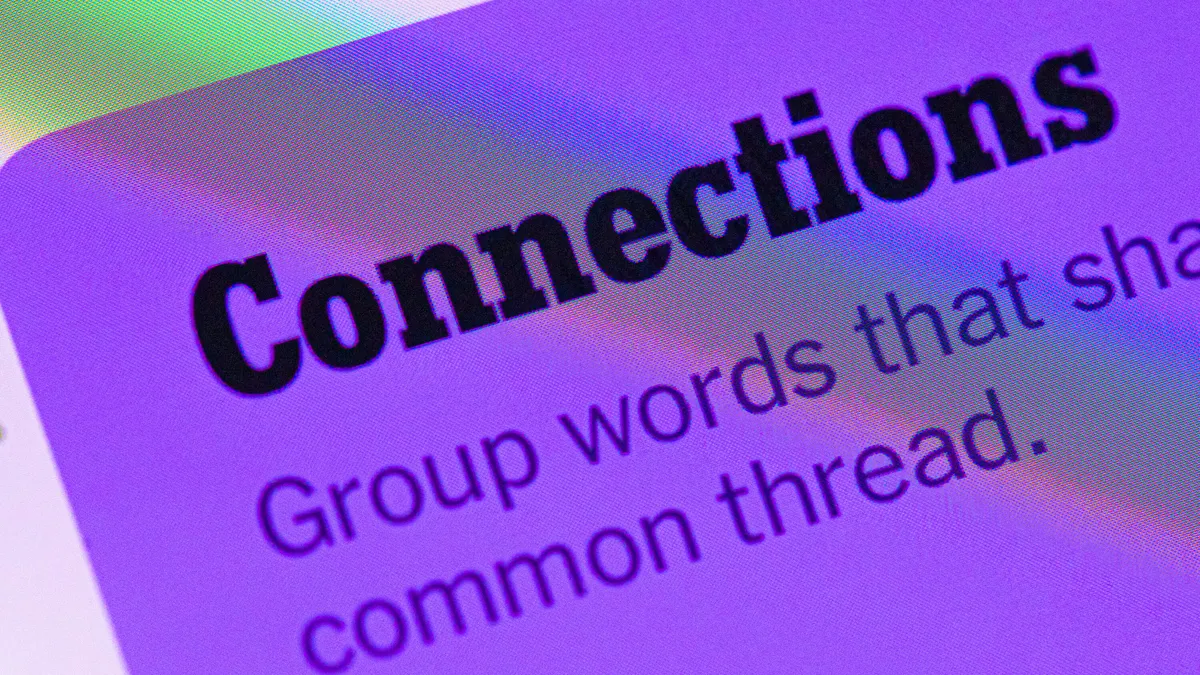By 3-Mob.com
Copyright 3-mob

For Zimbabweans football is a passion that brings people together, creating a massive interest in this sport at local, regional and international levels.
Much of the viewing of the sport is done through the medium of television, of course, with fans celebrating the game and their teams at home or in shared viewing situations. But there’s a silent threat to all of this enjoyment, with the growth of piracy through illicit streaming.
Gerald Ngonyamo, head of corporate affairs of MultiChoice Zimbabwe, said: “This threat is real; it’s all around us and it is growing, and it’s not good for the sport or for the fans.”
Some people justify the use of illicit means of accessing football programming, citing financial constraints, the prevalence of such practices among others and the absence of explicit legislation prohibiting piracy. The issue of piracy is a universal problem, but in Africa – including Zimbabwe – it especially rife.
“This is due to a combination of factors,” said Ngonyamo.
“These include the absence of robust legislation, limited enforcement of these laws, inability to afford equipment and a significant demand for free content. But in regarding all of this, we must remember to comprehend that piracy encompasses far more than merely viewing a game without remitting payment. It is all about feeding a criminal system that steals jobs, destroys the creative industry and drives away investment.”
Broadcasters like MultiChoice invest millions in purchasing sports broadcasting rights and producing local content. A large proportion of revenue is used to ensure digital security and pay the salaries of presenters, journalists, studio technicians, operators, producers and other professionals. The sport of football itself benefits enormously from legitimate channels of broadcast.
But when people choose to watch via a pirated link, they are effectively devaluing all this hard work.
“These illicit transmissions are frequently accompanied by malicious software, computer viruses and digital security risks, but all too many people continue to take this risk in the name of supposed ‘savings’, oblivious to the fact that this practice ultimately erodes the quality and sustainability of the content they love,” said Ngonyamo.
It isn’t just football. Piracy affects everything that can be broadcast, including favourite content like soap operas, series, cartoons, news, films and so much else.
“Every click on an illegal link is a stab in the back of the cultural and creative industry, an industry that, if strengthened, can employ more and more people and project our identity to the world,” he said, adding that more and more awareness of the threat posed by piracy is being created so that people do not sabotage the very means by which they enjoy the world around them.
“There is so much that is wrong about piracy and it’s time for us to take heed and stop supporting or ignoring this huge threat, which does not benefit anyone in the longer term. Let’s fight piracy together.”
Subscribe to Blog via Email



